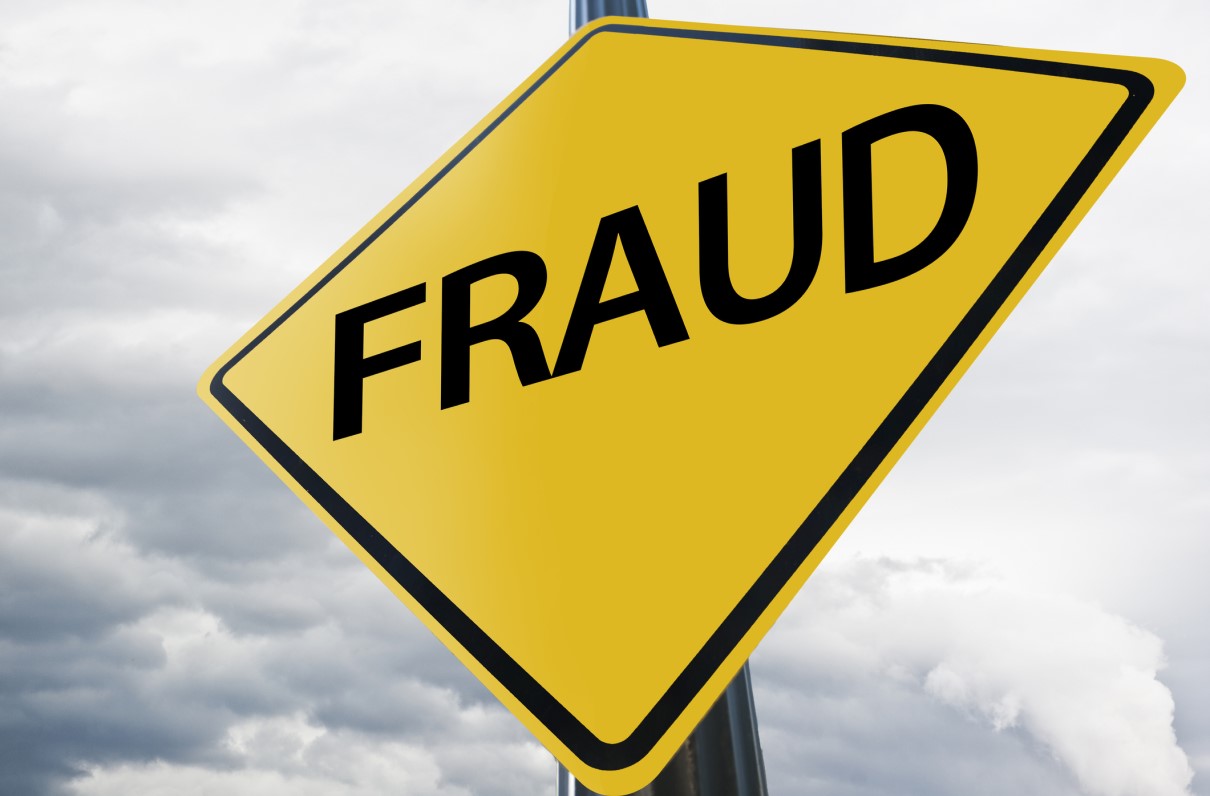Note: MOAA is a partner in the Cybercrime Support Network's Military and Veteran Program, which aims to protect servicemembers, veterans, and military families from falling victim to fraud. The below article from the Cybercrime Support Network's website is reprinted with permission.
The PACT Act is a new law that expands VA benefit eligibility to millions of our Veterans exposed to toxic substances while deployed overseas. Because so many Veterans are eligible for these benefits, the VA is expecting a flood of disability claims. As the VA works through these requests, a window of opportunity opens for scammers who look to take advantage of Veterans eligible for these benefits.
Burn Pits, Toxic Exposure and the PACT Act
Service members deployed during the Gulf War and post-9/11 eras disposed of waste — such as leftover jet fuel and human waste — by digging pits, throwing the waste in them and setting them on fire. Every day, burn pits exposed service members to hazardous smoke and fumes. Many of them are now facing health problems that are likely related to the exposure to these toxins.
Research has not definitively linked exposure to these toxic materials to any cancers or illnesses. This made it nearly impossible in the past for Veterans to receive benefits or compensation in relation to toxic exposure. The PACT Act changes that by adding over 20 presumptive conditions — conditions that the VA automatically assumes were caused by service — for burn pits and other toxic exposures.
[RELATED: Your PACT Act Resource List]
The PACT Act — described as one of the most extensive healthcare and benefit expansions in nearly 30 years — expands VA benefit eligibility for Veterans of the Vietnam, Gulf War and post-9/11 eras, including those who were exposed to Agent Orange and radiation.
How Scammers Take Advantage of the PACT Act
The PACT Act officially expands benefits to more than 3.5 million Veterans. As a result, the VA is experiencing an influx of disability claims from these newly eligible Veterans. However, the VA can’t start processing PACT Act-related benefits until they receive funding approval from Congress and put the necessary systems in place. While Veterans wait for their benefits, scammers reach out with empty promises claiming they can help Veterans get their compensation more quickly for a small fee. They may also reach out posing as a representative of the VA to steal sensitive information—such as Social Security numbers or account login information.
[RELATED: Record Pay Increase Likely for Disabled Veterans and Military Retirees in 2023]
What Veterans Can Do To Protect Themselves
Unfortunately, scammers like this are nothing new and have been scamming Veterans out of their well-earned benefits for years. The good news is Veterans can protect their benefits from these fraudsters by being aware of the red flags, following the rules to spot a scam, and reporting these scams to the authorities.
Common Red Flags of Veteran Benefits Scams
- They require you to pay an upfront fee in order to receive your benefits.
- They claim you need to update your records in order to be eligible for benefits.
- They ask you to provide personal information to verify your identity.
- They require you to pay to receive access to your records or documents.
- They use urgent language in an effort to get you to act quickly.
- The person you’re dealing with is reluctant to give you their contact information.
3 Rules to Spot a Veteran Benefits Scam
- Slow it down — Scammers will try to create a sense of urgency and force you to make a decision before you have time to think it through. Always take your time when someone is asking you to provide personal information or payment. Also keep in mind that the VA doesn’t expect to begin processing PACT Act-related benefits until January 2023 when they receive funding and have their systems in place.
- Spot check — Do your research to double check the details you’re being told. Before providing sensitive information or payment, perform an internet search of the organization who contacted you followed by the words “scam” or “complaint.” This should help you determine if it’s a scam. In addition, if someone is claiming to be a representative of a well-known organization — such as the VA — use contact information from the organization’s official website to verify what you are being told.
- Stop! Don’t send — Scammers will try to steal your money by rushing you into sending payment. As a Veteran, you never have to pay an upfront fee to receive your benefits or access your documents. If someone is asking you to pay for these, it’s a scam.
How to Report a Veteran Benefits Scam
If someone contacts you claiming they can help you get your benefits for a small fee, report it to the Federal Trade Commission at ReportFraud.ftc.gov. Reporting increases the likelihood that scammers are prosecuted and helps others avoid being scammed.
How to Submit a Legitimate Claim With the VA
For information about what presumptive conditions are covered under the PACT Act and how to file a legitimate claim, visit the VA’s website.
PREMIUM Membership Comes With So Many Benefits. Are You Taking Full Advantage?
Find out just how many benefits are waiting for you, and start using them TODAY.
